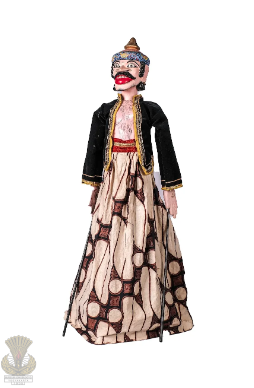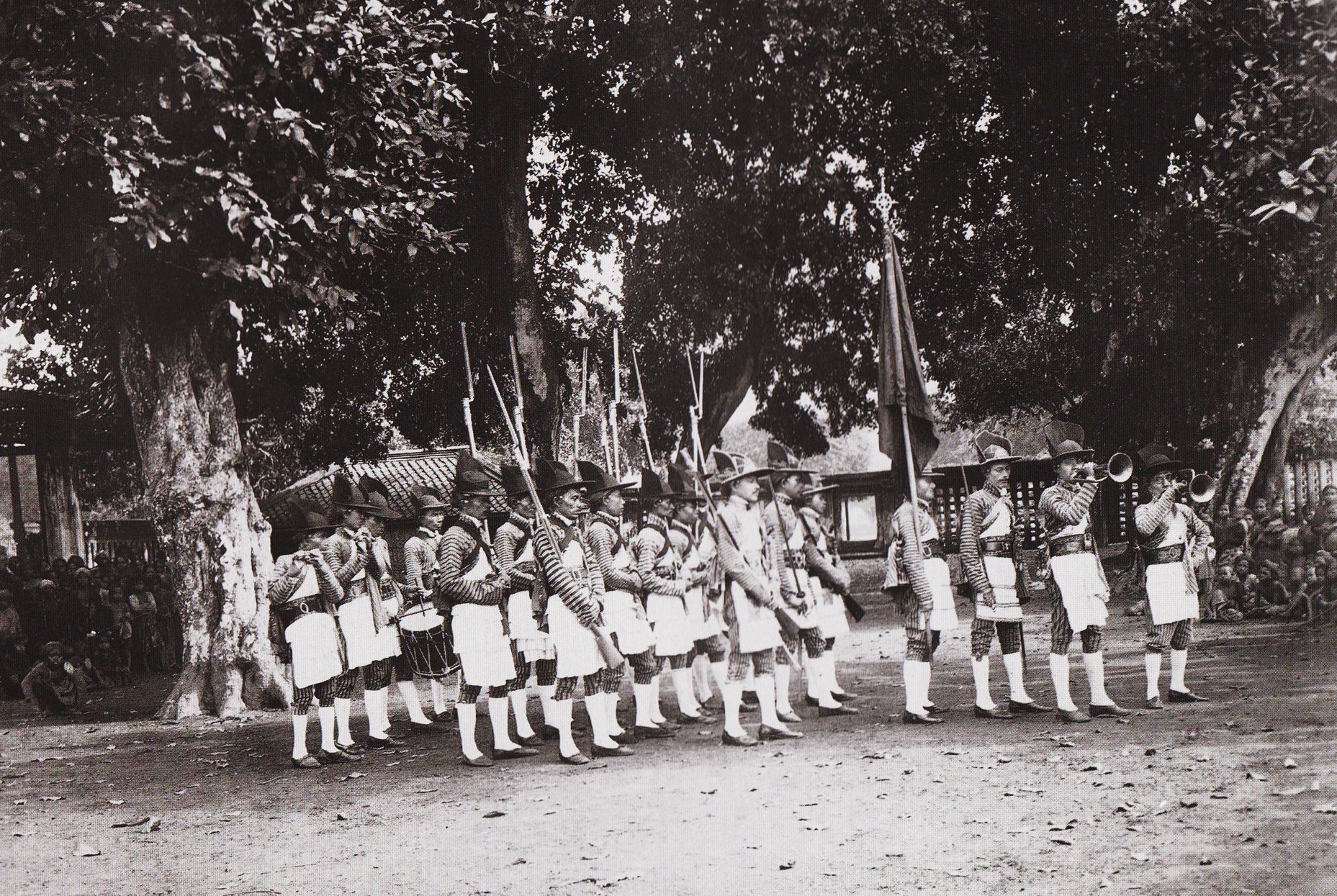News
Wayang Golek Menak Character Umarmadi
Wayang Golek is a form of traditional Indonesian art originating from West Java. This performing art uses wooden puppets moved by a puppeteer to tell various stories, from mythological stories to heroic tales. In the context of Wayang Golek Menak, one of the characters who plays an important role is Umarmadi. This article will review Umarmadi in depth, his characteristics, and the meaning contained in the character.
Getting to Know Umarmadi in Wayang Golek Menak
Umarmadi is one of the characters in Wayang Golek Menak who is known for his greedy and ambitious nature. This character is often depicted as someone who is controlled by lust and has many desires. In the Wayang Golek Menak performance, Umarmadi functions as a representation of uncontrollable human nature and often ignores moral norms.
As a character who has a greedy nature, Umarmadi is not only a symbol of greed, but also reflects the complexity of various human desires and ambitions. In the context of Javanese culture, Umarmadi can be considered a warning of the dangers of greed that can lead someone into problems and conflicts.
Characteristics of Umarmadi
In Wayang Golek Menak, Umarmadi is often depicted with physical characteristics and behavior that reflect his greedy nature. Usually, he is shown with a lustful facial expression and impatient movements. This character usually wears luxurious and excessive clothing, which adds to the impression of his greed.
Through this appearance and behavior, Umarmadi not only shows his unlimited desires and ambitions, but also illustrates how these negative traits can affect a person's social and moral relationships. In the Wayang Golek Menak story, Umarmadi's interactions with other characters often lead to conflict and tension, which ultimately teaches a lesson about the importance of controlling lust and desire.
Umarmadi's Role in the Performance
In the Wayang Golek Menak performance, Umarmadi is often the antagonist who challenges the heroes and other main characters. His involvement in conflict and conflict makes him the center of attention in many stories. Although he is a negative character, his role is very important in conveying moral messages and cultural teachings.
Umarmadi, with all his greed and ambition, often faces characters who are wiser and have higher morals. This conflict creates an interesting dynamic in the story, and helps underscore the moral messages that the show is trying to convey. In many cases, Umarmadi’s downfall is the result of actions and decisions driven by lust, which provides a valuable lesson about the dangers of such traits.
Meaning and Moral Message
The moral message contained in Umarmadi’s character is very relevant in a cultural and social context. This character serves as a warning about the dangers of uncontrolled greed and ambition. In Javanese culture, teachings about controlling lust and living a life of simplicity are highly valued, and Umarmadi is a clear example of what can happen if someone ignores these values.
Through Umarmadi’s character, the audience can understand the importance of self-control and how greed can destroy a person’s life. Stories involving Umarmadi often end with lessons about regret and downfall, which provide a strong moral message about the importance of living with integrity and responsibility.
Conclusion
Umarmadi is one of the interesting and important characters in Wayang Golek Menak. This character, with his greedy and ambitious nature, not only serves as an antagonist in the story, but also as a symbol of negative traits that should be avoided. Through the Wayang Golek Menak performance, Umarmadi teaches valuable lessons about controlling lust and the importance of morality in everyday life. By understanding Umarmadi's character and his role in the Wayang Golek Menak culture, we can better appreciate the depth and complexity of this traditional art. Wayang Golek Menak, with characters such as Umarmadi, continues to serve as a medium to convey moral and cultural values ??that are important to society.



